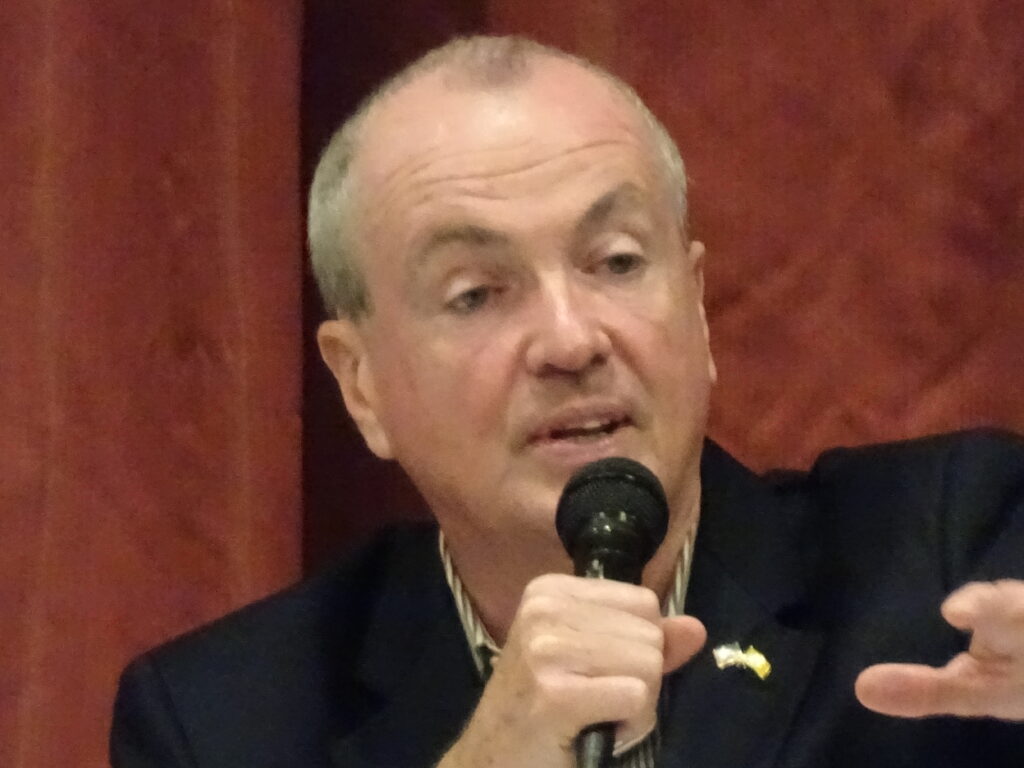Governor Murphy Marks Statewide Minimum Wage Increase to $11/Hour

Governor Murphy Marks Statewide Minimum Wage Increase to $11/Hour
Rise in Minimum Wage to $11/Hour Directly Benefits Nearly 200,000 New Jerseyans
TRENTON – Governor Phil Murphy welcomed New Jersey’s second statewide minimum wage increase from $10 to $11 per hour, taking effect today, January 1, 2020. The increase is part of a gradual increase in the minimum wage to $15/hour under legislation signed by Governor Murphy in February 2019. When Governor Murphy took office in 2018, the State’s minimum wage was $8.60 per hour.
“New Jerseyans working full-time deserve fair, livable wages,” said Governor Murphy. “With our second statewide minimum wage increase, we are following through on our commitment to give more workers the opportunity to join the middle class, which will strengthen our economy over the long-term.”
“Paying workers a fair wage for their work promotes economic and employment stability, and gives lower wage earners a chance to achieve economic independence” said Labor Commissioner Robert Asaro-Angelo. “It helps both employers and employees to have a workforce that feels adequately compensated and able to afford basic necessities such as rent, groceries, and electricity.”
“This is the next step in my continued fight to elevate New Jersey’s minimum wage to $15 an hour with a multi-step plan that puts more take-home-pay into the hands of working people and more money into the state’s economy,” said Senate President Steve Sweeney, who authored the prior laws that increased the minimum wage as well as the constitutional amendment requiring cost-of-living increases. “Increasing the pay of minimum wage workers is not only the right thing to do, it is a smart way to fuel economic growth and productivity. Steady increases will provide greater economic fairness for minimum wage workers, helping to improve their standard of living and their quality of life so they can better support themselves and their families. This is also a step forward in bridging the wealth gap as we strive to build a high-wage economy that respects the dignity of each and every worker.”
“With the new year comes a new minimum wage in New Jersey as we increase it to $11-an-hour,” said Speaker Craig Coughlin. “Too many workers aren’t earning enough to make ends meet, but, that is changing for New Jersey residents and future generations, as we continue to gradually raise the minimum wage and help alleviate poverty across our great state.”
Currently, approximately 192,000 workers in New Jersey make between $10 and $10.99 per hour, according to U.S. Census Bureau Monthly Current Population Survey (CPS) data, and will therefore directly benefit from the increase.
Seasonal and small employers were given a longer timeline under the law to reach $15 per hour in order to lessen the impact on their businesses. Agricultural and tipped workers are guided by separate minimum wage timetables.
As of January 1, 2020, seasonal employers and those with fewer than six workers must pay a minimum wage of $10.30 per hour.
To view the full minimum wage chart, click here.









